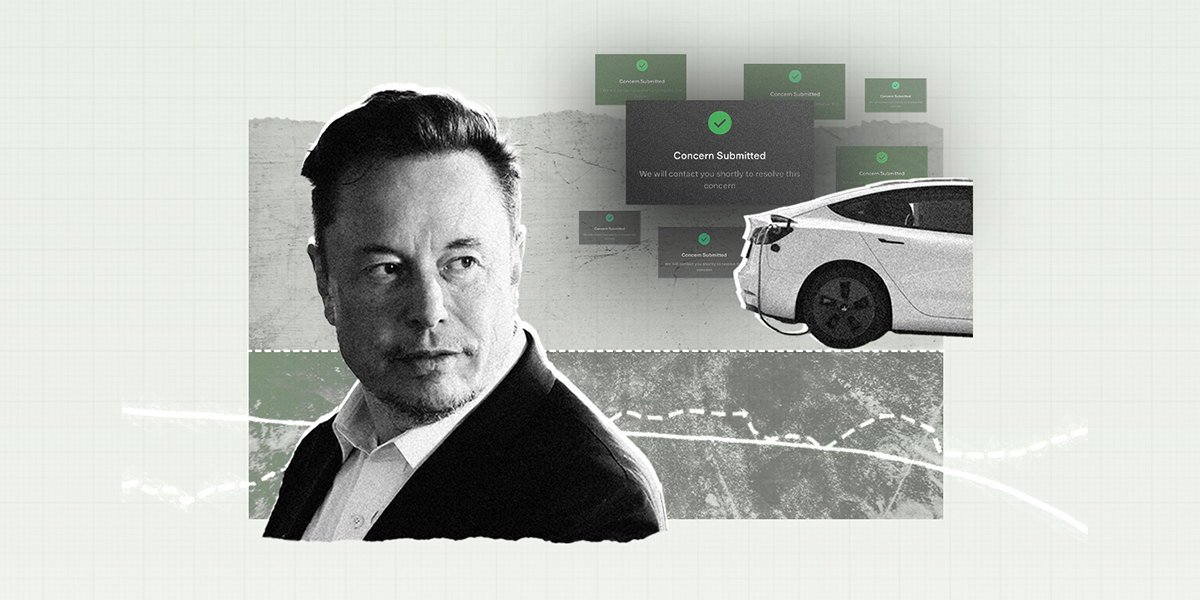From the article: “About a decade ago, Tesla rigged the dashboard readouts in its electric cars to provide “rosy” projections of how far owners can drive before needing to recharge, a source told Reuters. The automaker last year became so inundated with driving-range complaints that it created a special team to cancel owners’ service appointments.”



Thanks for saying what I was trying to say.
I would probably say that was their purpose from the beginning. Companies aren’t going to do something unless there is profit to be made. The subsidies exist to create that profit.
Now you could say that manufacturers are charging more and the customers are paying more because they know part of the cost will be reimbursed with the subsidies. But that doesn’t seem sustainable for long, because all it take is one manufacturer to start dropping prices to attract customers. Then everyone would drop prices to match. We weren’t really seeing that previously because everything was supply constrained. But now we seem to be seeing that happen with Tesla at least, they’ve been dropping prices in the USA recently.
Why would they? The only reason Tesla dropped prices is because the government capped the subsidy based on sale price, so Tesla dropped just enough to qualify for the subsidy.
We shouldn’t be subsidizing these at all for precisely the reason you stated: we’re largely supply constrained. The EVs that don’t sell well are super unattractive (e.g. Chevy EVs are priced right but have had a ton of recalls, Nissan Leafs didn’t have nearly enough range, etc).
What we should be doing instead is jacking up the cost of fossil fuels based on CO2 load, and do that for imported goods as well (estimate a CO2 load for all products and tax accordingly). It would have a similar effect of making EVs more attractive, but it would hit consumers directly instead of indirectly through an unrelated tax burden. I propose that these tax revenues be paid back to the population in the form of a “stimulus” check with no restrictions as a form of reparation for producing CO2 (or maybe we use it to fix Social Security in the short term). As people move to greener products, the “stimulus” would naturally go down.
But no, we did it in the least productive way possible. Instead of discouraging use of fossil fuels, we’re rewarding companies for increasing profit margins.